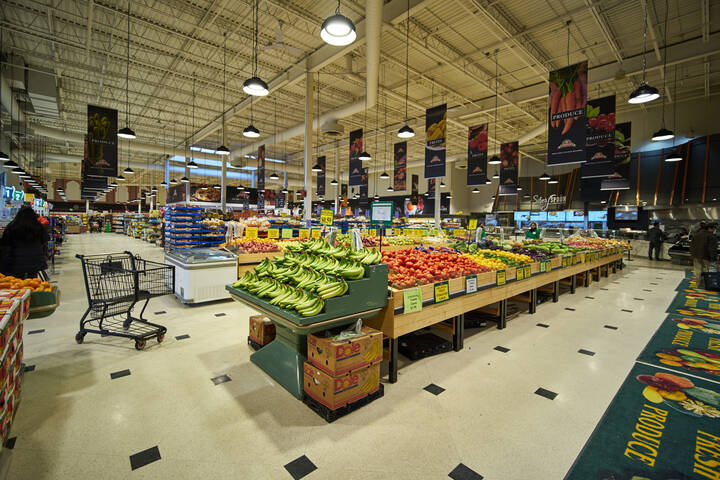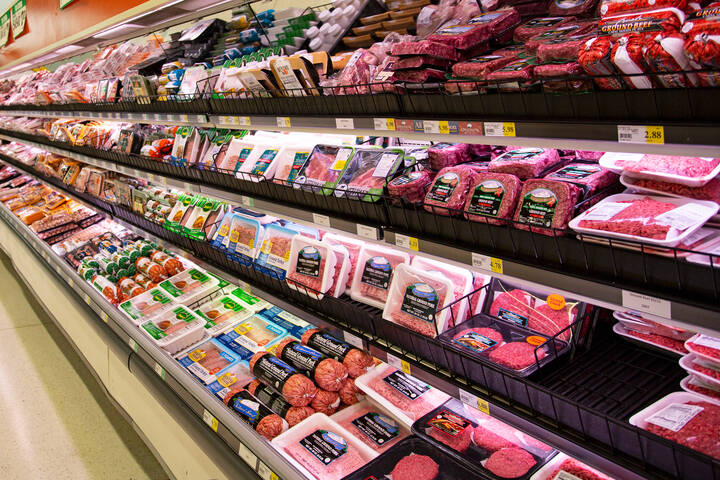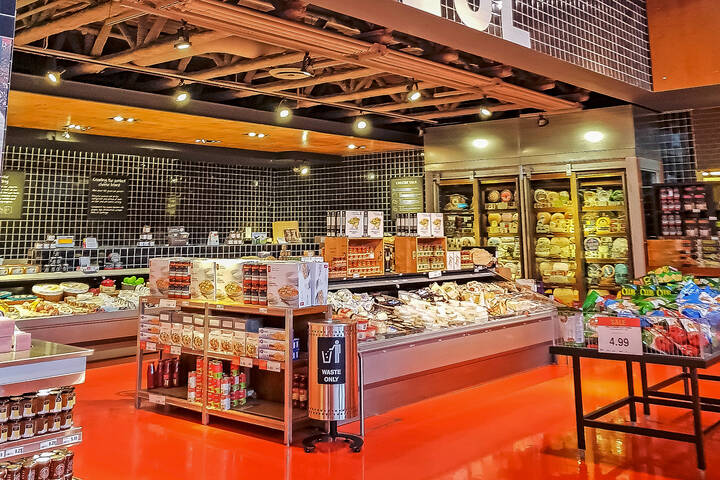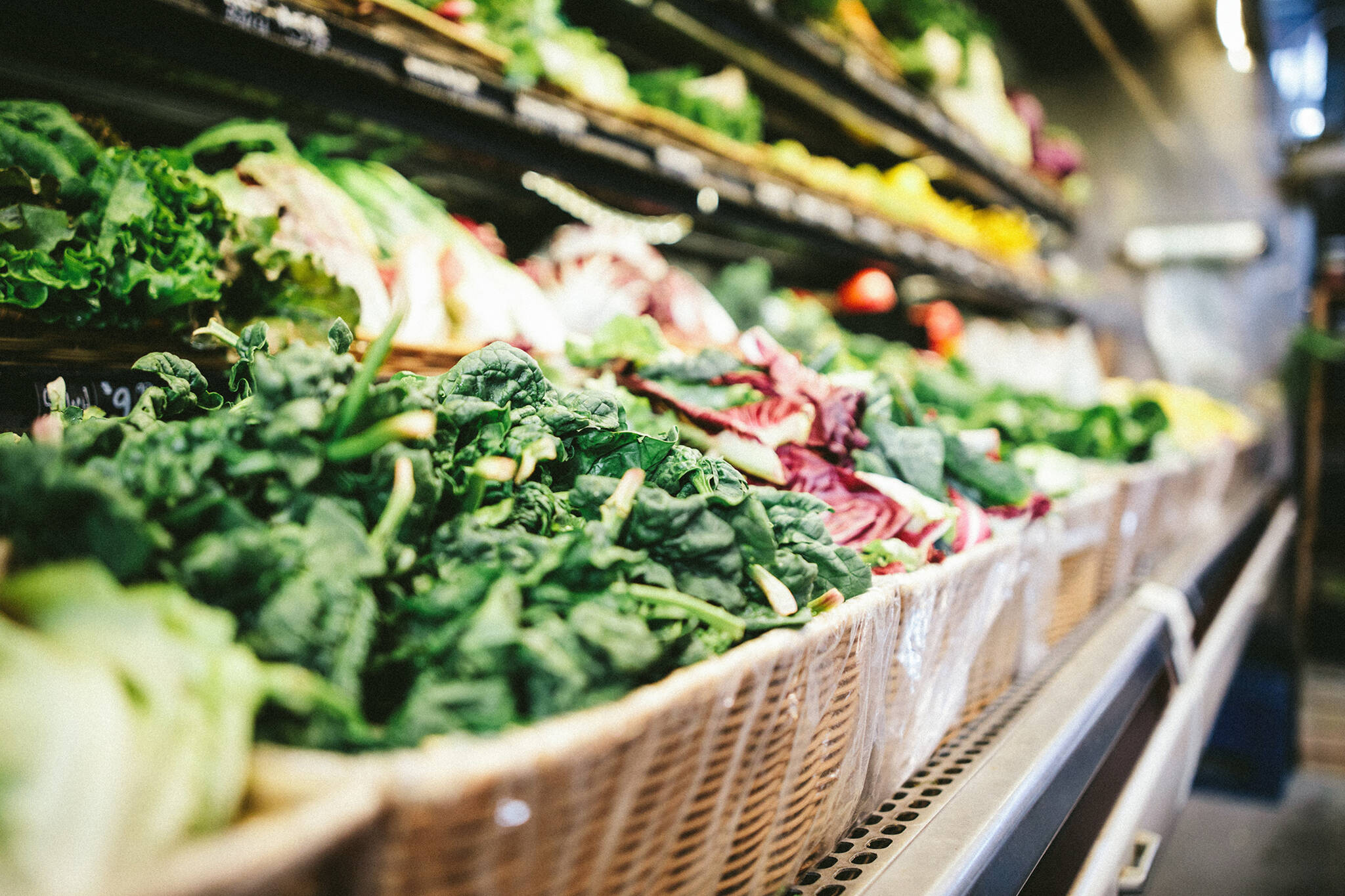
The cost of groceries will hit an 11-year high in Toronto in 2021
Big purchases such as condos in Toronto may be a bit cheaper right now as a result of the health crisis, but for more basic expenditures like groceries, residents can't expect such luck anytime soon.
Food prices are actually set to rise about $700 on average per household across the country next year according to new data — the highest hike in at least 11 years.
The numbers come from an annual food price report by researchers at a number of top Canadian universities, and they indicate that prices for staples ranging from fresh produce to bread products to meat will all be increasing the most since the study started assessing such data in 2010.
Canadians can expect to pay 4.5 to 6.5 per cent more for meat and vegetables, and 3.5 to 5.5 per cent more for wheat products, which will add up quickly to a yearly grocery bill of almost $14,000 for most households, with the rate of food inflation outpacing that of regular inflation.
Poultry, specifically, is one of the items expected to go up in cost the most.
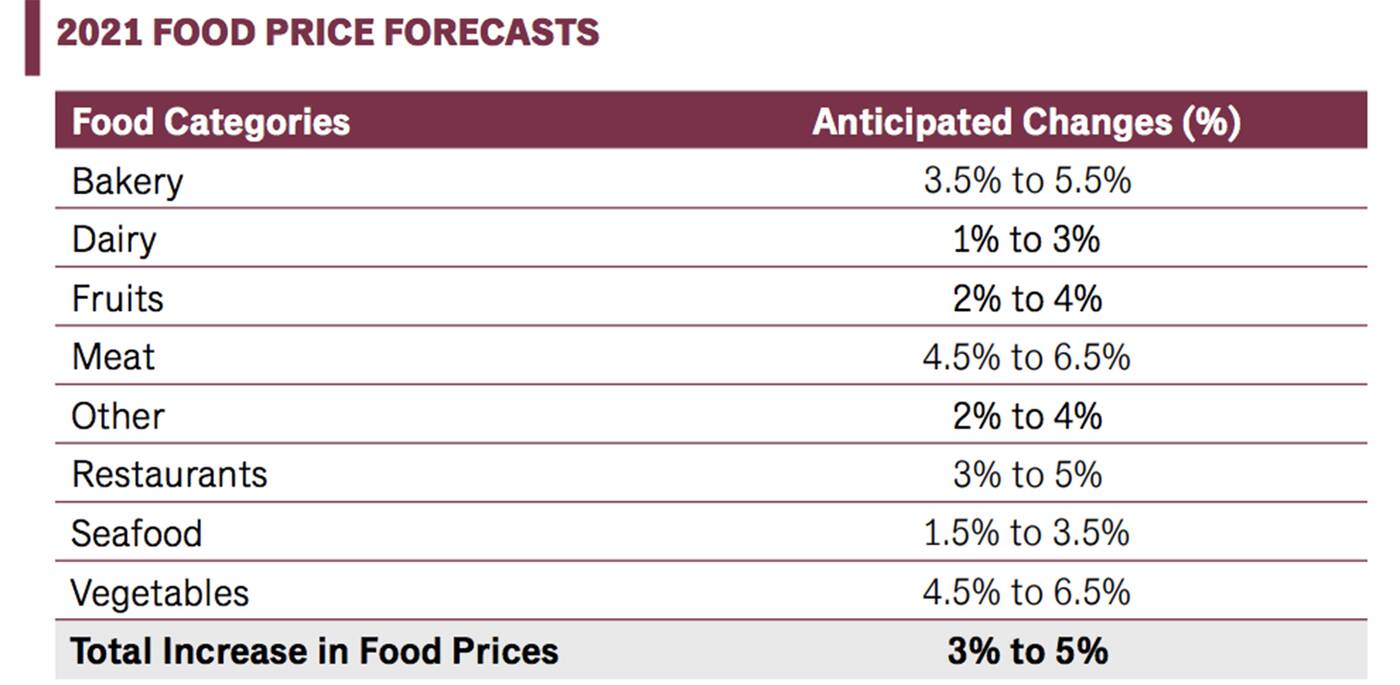
Food price increases expected in Canada next year, per Canada's Food Price Report 2021.
This is amid a time when large grocery store chains are seeing huge profits and higher payouts to wealthy shareholders, while millions of citizens are working less or are completely out of work thanks to pandemic lockdowns and cutbacks. There was also that whole price gouging trend we saw during the first wave.
"Families with less means will be significantly challenged in 2021, and many will be left behind... We don't expect a break at the grocery store any time soon", the report's project lead, Dalhousie University's Dr. Sylvain Charlebois, writes.
The experts note that the price jumps are not necessarily a result of supply chains, which are "functioning remarkably well," and that people should not be concerned about shelves running bare.
But, things like border and food plant closures, industry modifications in response to COVID-19, unemployment and changing buyer habits, the effects of climate change and carbon taxing are all key factors. The falling Canadian dollar, California wildfires and "an oil price war" are also impacting the cost of necessities.
"The pandemic affected the entire agri-food chain from farmgate to consumers. It caused border and facility closures, shifted consumer demand from food service to food retail and created unemployment and underemployment. It also introduced modifications in production, manufacturing, distribution and retailing practices to accommodate enhanced safety procedures," the report reads.
"The repercussions and uncertainty of the pandemic continue to impact the global economy."
Serious food prices rises projected. Given #covid and rising #foodinsecutity to n Canada we have to ask - how will people adapt this winter?
— Evan D. G. Fraser (@Feeding9Billion) December 8, 2020
The report suggests those looking to save on their grocery bill should spend more time in the frozen foods aisle rather than buying fresh, opt for root vegetables rather than leafy greens, and do their research.
"Immunity to higher food prices requires more cooking, more discipline and more research. It’s as simple as that," Charlebois says.
Latest Videos
Latest Videos
Join the conversation Load comments



